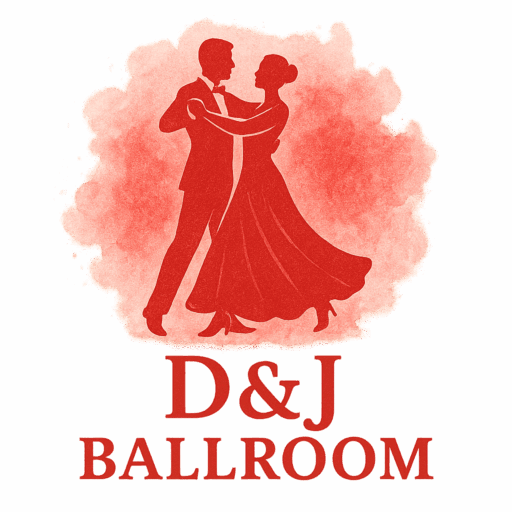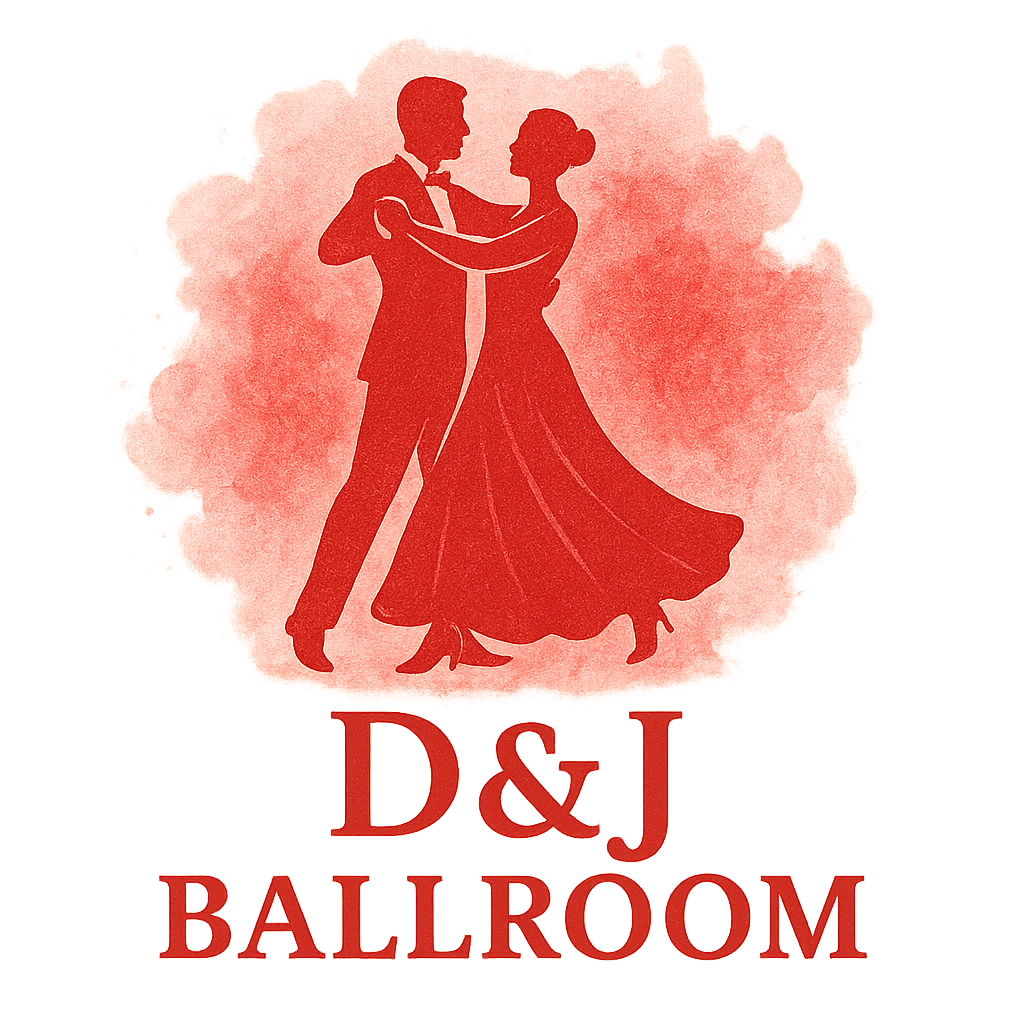Introduction: Why Posture Matters in Ballroom Dancing
Posture is the heartbeat of ballroom dancing. Without it, your frame collapses, your lines disappear, and your confidence dwindles on the dance floor. Ever noticed how a dancer with upright posture commands the stage even before moving a step? That’s the power of posture. Correcting slouching isn’t just about looking elegant—it’s about dancing with balance, precision, and presence.
If you’re struggling with slouching in ballroom, don’t worry. The following 10 ballroom technique drills are designed to help you retrain your body and unlock that polished, graceful presence ballroom is known for.
Understanding Slouching in Ballroom Dance
What Causes Slouching?
Slouching often stems from weak core muscles, tight shoulders, or simply bad posture habits carried into the ballroom. Add nerves during performances, and suddenly your upper body folds forward.

The Impact of Poor Posture on Performance
When you slouch, your partner feels the imbalance instantly. Your frame becomes heavy, your lines blur, and your timing suffers. In competitions, judges pick up on this right away. Strong posture, on the other hand, signals professionalism and poise.
(Explore more about ballroom history and culture to see how elegance and posture shaped the art form.)
Benefits of Correcting Slouching Through Ballroom Technique
Fixing posture isn’t just about vanity. It helps you:
- Maintain balance and control in turns.
- Enhance musicality with fluid movements.
- Support your partner without collapsing.
- Avoid back pain and shoulder strain.
Think of posture drills as building the frame for your entire dance artistry.
Drill #1: Wall Alignment Check
How to Perform It
Stand with your back against a wall—heels, hips, shoulders, and head touching. Hold your ballroom frame and notice any natural gaps. This simple drill reminds your body of true alignment.
Common Mistakes to Avoid
Don’t force your lower back flat; instead, aim for neutral alignment. And keep your chin lifted, not tucked.
Drill #2: Frame Resistance Exercise
Partner Resistance Training
Work with your partner to apply gentle push-and-pull resistance within the frame. This helps maintain posture under pressure.
Solo Frame Hold Practice
No partner? Hold your frame for 2–3 minutes in front of a mirror, engaging your back muscles to keep arms lifted.
(Learn more about ballroom techniques and training to strengthen your foundation.)
Drill #3: Core Engagement Walks
Activating Your Core
Imagine pulling your belly button gently toward your spine. This small action supports your upper body.
Walking with Purpose
Practice walking slowly across the floor while holding posture. Think of your core as your power center.
Drill #4: Shoulder Blade Squeeze
Strengthening Upper Back
Stand tall and squeeze your shoulder blades together as if holding a pencil between them. This strengthens the muscles that fight slouching.
Drill #5: Ballroom Hold with Mirror Feedback
Why Mirrors are Essential
Mirrors don’t lie. Practicing your ballroom hold while checking reflection helps correct slouching instantly. Keep repeating until upright posture feels natural.
Drill #6: Balance and Weight Transfer Practice
Using Waltz and Tango for Posture Awareness
Practice basic waltz rise-and-fall or tango walks while checking your frame. These styles emphasize balance and highlight slouching immediately.
(Dive deeper into ballroom dance styles to see how posture varies across dances.)
Drill #7: Posture Stick Exercise
Home-Friendly Training
Place a broomstick along your spine, holding it with both hands behind your back. This encourages upright posture while practicing dance movements.
Drill #8: Resistance Band Posture Training
Using resistance bands, pull outward as you hold your frame. The bands strengthen shoulders and back muscles, reinforcing posture memory.
Drill #9: Slow Rise and Fall in Waltz
Controlling Posture During Movement
Move through rise and fall without letting shoulders hunch forward. Think of growing taller with each upward motion.
(For more insight, explore waltz techniques to refine posture with grace.)
Drill #10: Dynamic Frame Practice in Competitions
Simulating Competition Pressure
Practice routines in full attire and with music, simulating competition stress. Holding posture under these conditions ensures you won’t slouch under pressure.
(Check out upcoming ballroom events and competitions to test your posture drills on stage.)
Tips to Maintain Proper Posture Daily
Off-the-Dancefloor Habits
- Sit upright while working at a desk.
- Stretch shoulders after long hours.
- Engage your core when walking or standing.
- Avoid phone hunching—yes, posture even matters off the floor!
(Don’t miss ballroom attire and fashion tips—because posture looks even sharper with the right wardrobe.)
Conclusion
Slouching might feel like a small habit, but in ballroom dancing, it makes all the difference between looking amateurish and exuding elegance. By consistently practicing these 10 ballroom technique drills, you’ll not only correct your posture but also dance with more confidence, balance, and grace. Remember, posture isn’t a one-time fix—it’s a daily practice. So, keep training, stay tall, and let your frame tell the story of a true ballroom dancer.
FAQs
Why do ballroom dancers slouch?
Mostly due to weak core and back muscles or nervousness during performance.
How long does it take to correct slouching with drills?
With consistent practice, dancers notice improvements in 4–6 weeks.
Can solo dancers practice these drills effectively?
Absolutely! Many posture drills like wall checks and mirror work can be done solo.
What’s the best ballroom style for posture correction?
The waltz and tango are excellent for building upright posture and control.
Do posture drills improve confidence on stage?
Yes—good posture boosts not just appearance but also presence and confidence.
How often should I practice ballroom drills?
Aim for 15–20 minutes daily or at least 3–4 times a week.
Are posture drills useful for beginners and pros alike?
Definitely. Whether you’re a beginner or a seasoned competitor, posture drills keep your frame strong.


